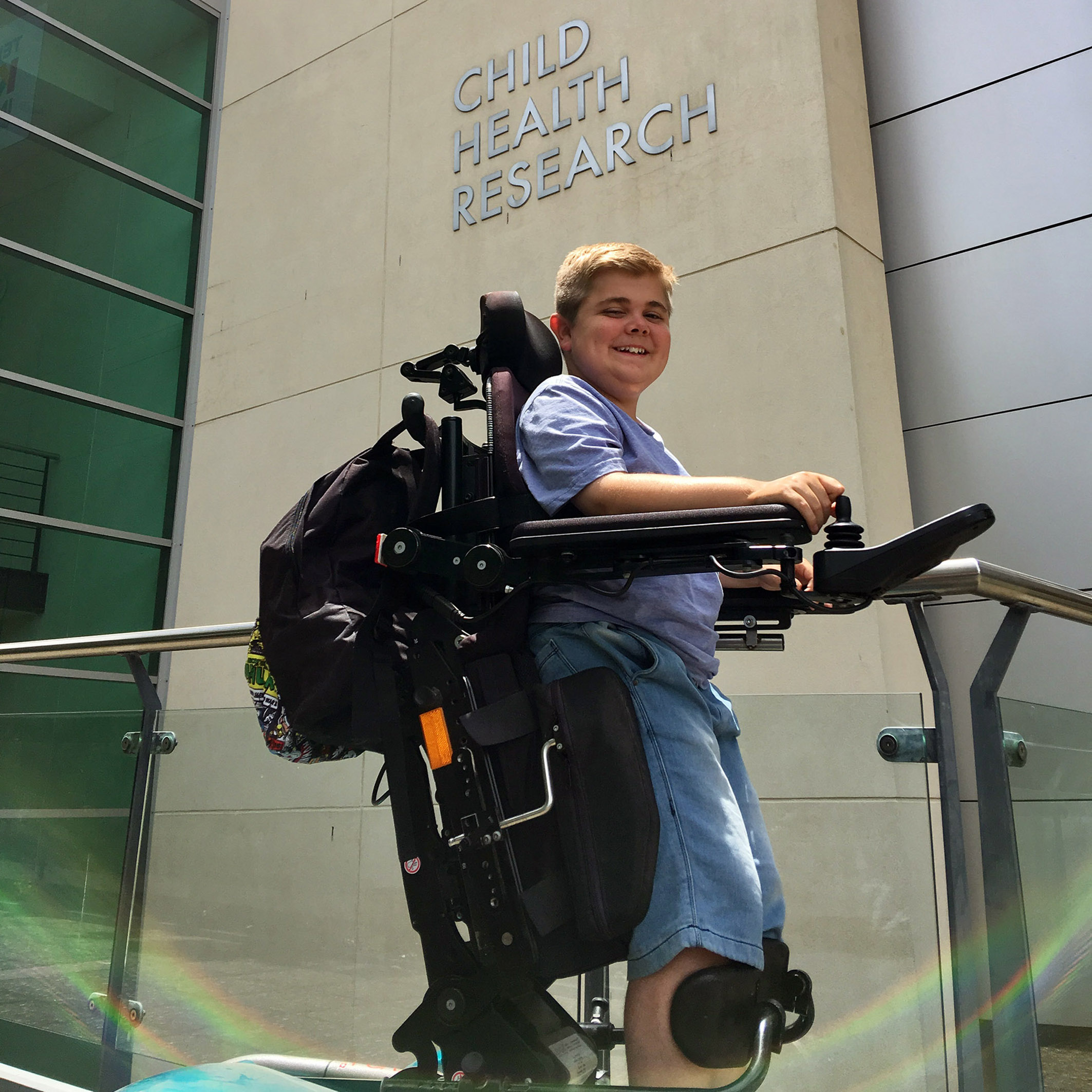Search
Research
Eating and drinking abilities and respiratory and oral health in children and young adults with cerebral palsyTo investigate the potential risk factors of respiratory illness (ethnicity, oral health, and eating and drinking ability) in children and young adults with cerebral palsy.
Research
Improving the Journey Before, During and After Diagnosis of a Neurodevelopmental Condition: Suggestions from a Sample of Australian Consumers and ProfessionalsThe current study used a transdiagnostic approach to explore experiences of consumers and professionals on how the process of assessing and diagnosing neurodevelopmental conditions can be improved.
Research
Characterising quality of life and its determinants for children with intellectual disability and their familiesAndrew Helen Jenny Peter Videos Whitehouse Watch and listen to Andrew Leonard Downs Jacoby PhD MBChB MPH BApplSci (physio) MSc PhD BA (Hons) MSc


News & Events
Funding to support research into the impact of standing wheelchairsThe Kids researchers are investigating the physical and psychological impacts of powered standing wheelchairs for boys suffering from Duchenne
Research
Facilitators, barriers, and strategies for supporting shared decision-making with people with intellectual disability: A West Australian primary healthcare professional perspectiveShared decision-making between patients and primary healthcare professionals positively impacts health outcomes. However, people with intellectual disability face additional barriers and require supported shared decision-making (SSDM) to participate. Little is known about how healthcare professionals use SSDM with this population. This paper explores the facilitators and barriers experienced, and strategies/resources employed by healthcare professionals working with people with intellectual disability.
Research
“I have a good life”: the meaning of well-being from the perspective of young adults with Down syndromeThe purposes of this study were to explore what makes for a "good life" from the perspective of young adults with Down syndrome and to identify the barriers...
Research
Assessment and management of nutrition and growth in rett syndromeWe developed recommendations for the clinical management of poor growth and weight gain in Rett syndrome through evidence review and the consensus of an...
Research
Using a large international sample to investigate epilepsy in Rett syndromeThe aim of this study was to identify characteristics of epilepsy in Rett syndrome (RTT), and relationships between epilepsy and genotype.
Research
Neonatal complications in public and private patients: A retrospective cohort studyDespite the rates of low Apgar scores being higher in public patients, the rates of special care admission were lower.
